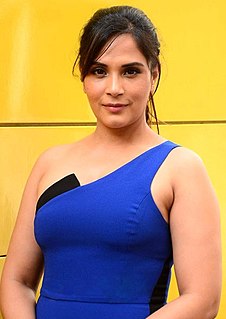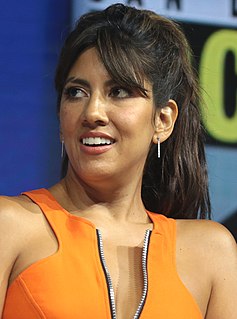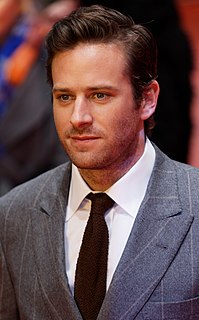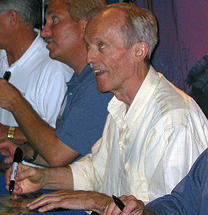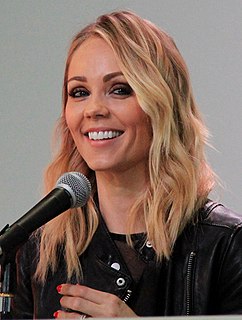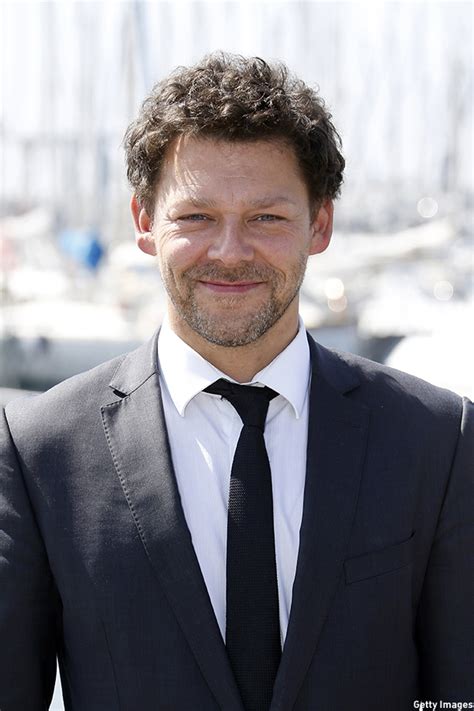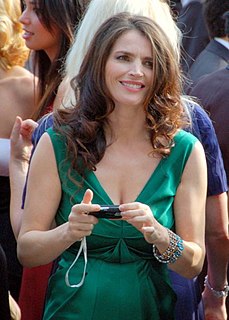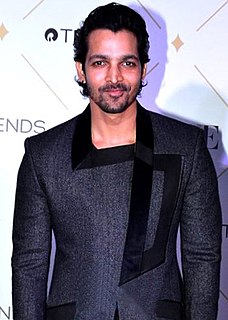A Quote by Asa Butterfield
TV and film both attract me equally. In both, you do search for a role that would be enjoyable to do, that has a great storyline and then, secondly, you look at the cast and the crew - are they respectable? How I look at it is my character - has the character got enough substance? It can't just be a one faced character, which is there to fill a gap. He has to have a purpose, so if it ticks all of those boxes then generally it's a good choice.
Related Quotes
I don't care if you hate me or if you like me, as long as somebody gives me a character that is really a character to play. It's fun to be able to have a character and have a director that can direct you into a character. I'm just so happy that I got a good role. I don't care if it's bad or if it's good, and I don't care if it's drama or comedy. They are just so rare to come across.
If you're writing a bi character, did you look at a lot of bi actors for the role? Did you really go and find people that identified as queer? If you did, then great, and if you didn't find anyone you liked in that pool, well, that's surprising. If you write a character that's trans, the time is now - cast a trans actor.
I have about as much control over how I look as the guy who's short and looks more like a character actor - we both have the same drive to be actors and we both have the same drive to assume these different characters, it's just harder for me to get the chance because they look at me and say, 'Oh, he's this type,' and they stamp me.
I consciously think about the ethnicity of every character that I create and cast. But one thing that is equally important is quality representation. It's not enough to put an African-American in there, a female in there, a gay character in there: How significant is their contribution? Can they drive the story?
It's going to sound like the easy answer, but I love them both. I do! I really don't prefer one over the other. With movies, you really dive into a character for two to three months, but then it's gone. With a TV series, you have a constant location you're living in, and you're always working on the same character along with people who are like your own family. I'm lucky to have done both.
[John Musker] got me reading the mythology and we very early on we worked up a basic storyline centered around the character of Maui. He just seemed like a great character to kind of build a movie around. He's this mythic demi-god, bigger than life character. He pulled up islands with his magical fishhook. He slowed down the sun. He's Pan Pacific.
I never like to judge the character. I just have to leave my feelings of pity, or fear, about a character - whatever I feel towards the character, I try to leave to one side. It's good to have them, but it doesn't help me. I can't act those things. I just to play the character as truthfully as I can.
Whatever character you play, whatever film it is, whatever story it is, for me, in my training it's always something that gives you a layered character, it's understanding the secret of that character, and so whatever comes up as "Oh, I thought that person was that," you are always carrying that within you. So actually what you're playing all the way through is both and it's just what comes out in the scene or the circumstance.

